Search
Search Results
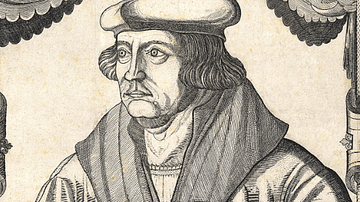
Definition
Johann Eck
Johann Eck (l. 1486-1543) was a Catholic theologian and writer best known for his disputations with Martin Luther (l. 1483-1546) beginning in 1517 and continuing until his death in 1543. Eck maintained the position that, if anyone could determine...
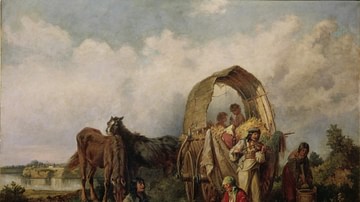
Definition
Romani Language
Romani is an Indo-European language, belonging to the Indic subbranch which includes Sanskrit and Hindi. Because of the Romani diaspora throughout Europe and West Asia, it developed in close contact with European and Iranian languages. It...
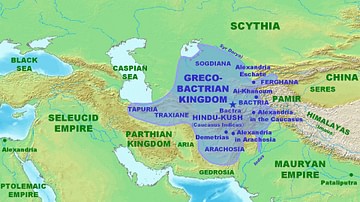
Article
Greco-Bactrian and Indo-Greek Kingdoms in Ancient Texts
The rarity of the appearance of Greco-Bactrian and Indo-Greek kingdoms in ancient literature is one of the reasons why those states are so little-known today. Indo-Greek literature did exist, but none has been found that speaks about the...
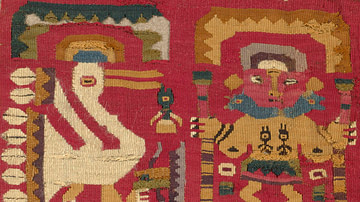
Interview
Interview: Super/Natural: Textiles of the Andes
Over the course of several millennia, textiles were the primary form of aesthetic expression and communication for the diverse cultures that developed throughout the desert coasts and mountain highlands of the Andean region. Worn as garments...

Definition
Immanuel Kant
Immanuel Kant (1724-1804) was a German Enlightenment thinker who is widely regarded as one of the most important philosophers of any period. His most famous works of critical philosophy include The Critique of Pure Reason, which challenged...
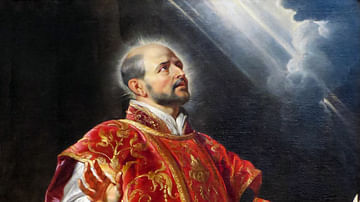
Definition
Ignatius of Loyola
Ignatius of Loyola (l. 1491-1556) was a Basque soldier who became a Catholic priest and theologian after a mystical experience convinced him he was called to the service of Christ. He founded the Society of Jesus (Jesuits) to defend the Church...
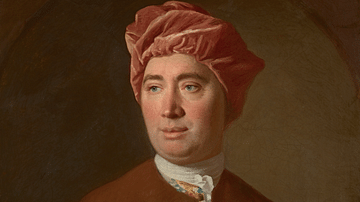
Definition
David Hume
David Hume (1711-1776) was a Scottish philosopher, writer, historian, and important figure in the Enlightenment. Hume presented a positive view of human nature but a sceptical view of religion's usefulness. His Treatise of Human Nature was...
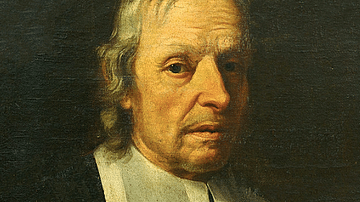
Definition
Marcello Malpighi
Marcello Malpighi (1628-1694) was an Italian scientist and physician famous for discovering the capillaries of the human circulatory system in 1661 and, as the greatest anatomist of the Scientific Revolution, founding the science of microscopic...
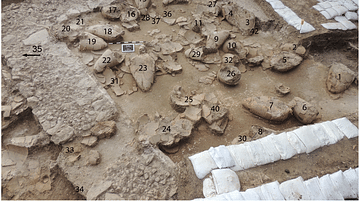
Definition
Tel Kabri
Tel Kabri is an archaeological site in the Western Galilee in northwestern Israel and the location of one of the largest palaces in Canaan in the Middle Bronze Age or "MB" (c. 2,000–1,500 BCE), the period in which Tel Kabri...

Definition
Hypatia of Alexandria
Hypatia of Alexandria (c. 370 - March 415) was a female philosopher and mathematician, born in Alexandria, Egypt possibly in 370 (although some scholars cite her birth as c. 350). Little is known of her life but her dramatic death at the...